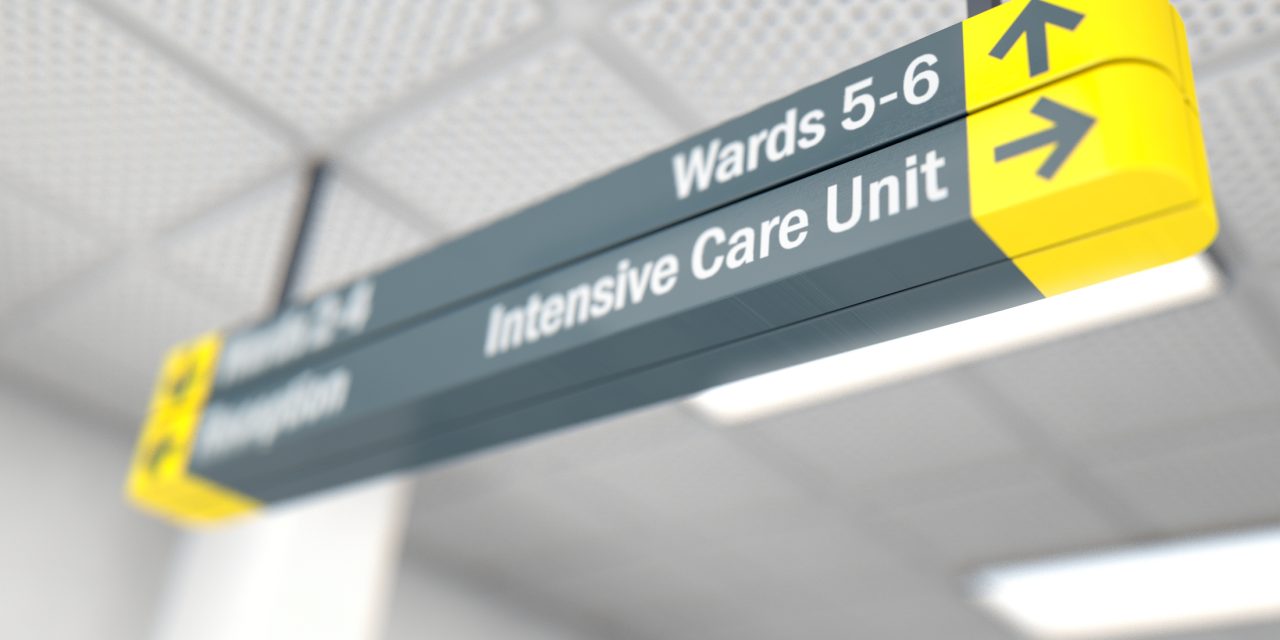This study aimed to compare the characteristics of mRNA expression of genes in complement system between acute arterial thrombotic patients and paroxysmal atrial fibrillation (PAF) patients.
Twenty acute myocardial infarction (AMI) patients and 20 PAF patients were assigned into the experiment groups, and 20 stable angina pectoris (SAP) patients were enrolled in the control group.
When compared with the control group, mRNA expression of C1QA, C1QB, C1QC, C1R, CFP, C5, CR1, ITGAM, ITGAX, ITGB2, C5AR1, CD46, CD55 and CD59 genes was significantly upregulated, and CR2 gene significantly downregulated in the AMI group (P<0.05); while mRNA expression of CFD, MBL2, MASP2, C5, C6, C8B, C9, C5AR1, CR2, CFI, CFHR1, CD46, CD55, VTN and CD59 genes was significantly downregulated in PAF patients (P<0.05). Results of the comparison between the AMI and PAF group showed that mRNA expression of C1QA, C1QB, C1QC, C1R, CFB, CFD, CFP, MBL2, MASP2, C5, C6, C8B, C9, CR1, ITGAM, ITGAX, ITGB2, C5AR1, CFI, CFHR1, CD46, CD55, CLU, VTN and CD59 genes was significantly upregulated in the AMI group (P<0.05).
Taken SAP patients as controls, the complement system is in a high-intensive disturbance with simultaneous activation and inhibition in AMI patients, indicating that the cascade response of complement system is disturbed, and then the membrane attack complex (MAC) cannot form finally. The mRNA expression of related genes in the complement system is under a status of downregulation in PAF patients, indicating that the functions of cascade response in the complement system decreased significantly in PAF patients, leading to significantly decreased MAC functions.
mRNA expression disturbance of complement system related genes in acute arterial thrombotic and paroxysmal atrial fibrillation patients.


